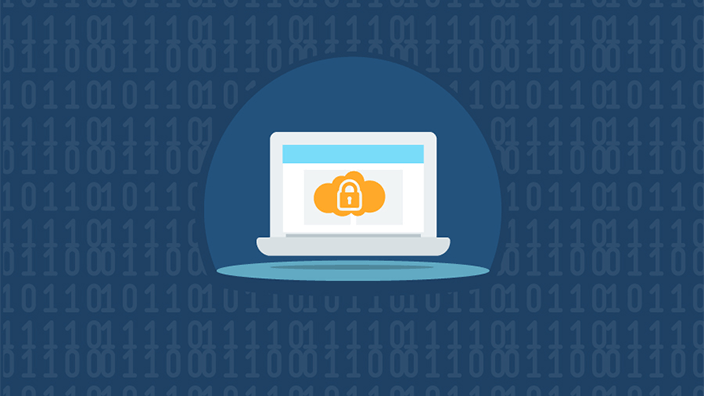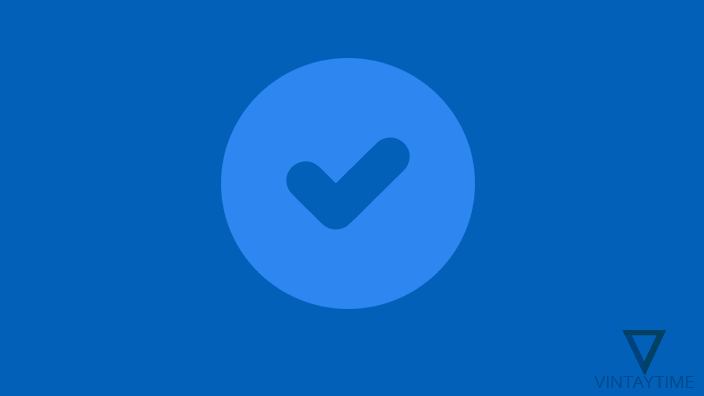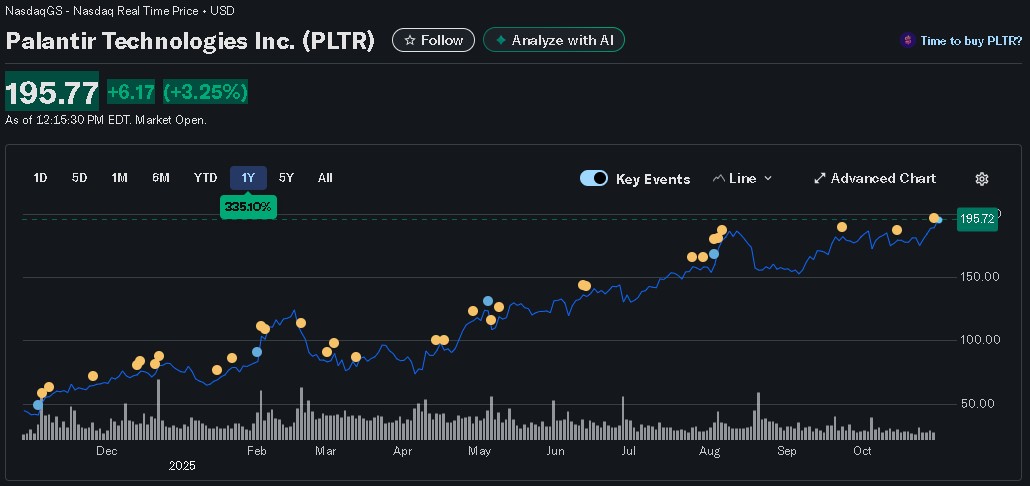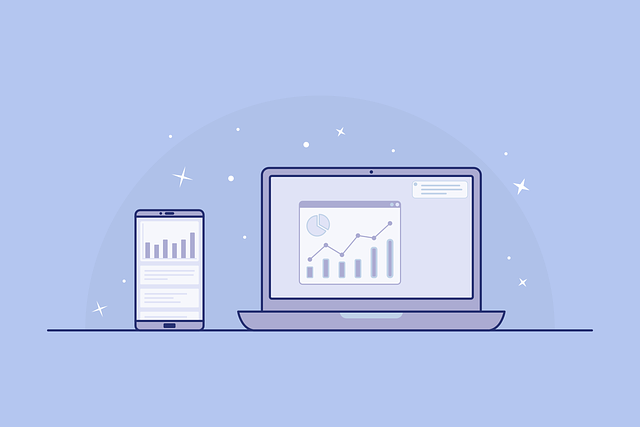
Internet is everything we use for work, home and personal use. We shop online, pay online and access our bank accounts though internet. In the last few years, I realize people are going crazy on the internet. Some websites on web delivering viruses, spams and malicious software that makes our world of internet harmful. There are different kind of ISPs on the internet such as public, private, government, and organization, but as a common internet user, you may be on a public or private network. Few internet crimes that come out in last few years are phishing, malicious software, cyberstalking, cyberbullying, and online predation.
More than 3.5 billion people around the world are using the internet and the number of online crimes and frauds is expanding rapidly. The internet cable or Wi-Fi network connected to your device may deliver a threat that will destroy your data in seconds, but before it’ll destroy you, let’s destroy him.
Following are the few tips to keep yourself secure from the internet:
10. Keep Your Personal Information Private

Personal information like phone number, email, and resident address are very sensitive user’s information and putting this information on the internet as a public data will become a reason of your account hijack. If a site required your phone number, so please make sure the number is display as private. By default many websites set your phone number and email private, else you can make them private from profile or account settings.
9. Block Harmful Ads in Your Browser

Ads are the most common thing on today’s web that make users experience worst. But advertising is a source of revenue of billions of websites on the internet. If you visit sites like adult, pirated contents, software cracks and related, then there was a complete chance you’ll get spam, pop-up ads and you can block those ads using Adblock Plus. I’m not talking about Google ads, because Google’s advertising network deliver high-quality ads and it never infect your device, so please allow Google ads in Adblock plus.
8. Know What You’re Clicking

A click on the fake download button will redirect you to a harmful website. But how do i know which one is real and which was fake?. Pirated sites are almost monetize with harmful advertising networks like PopCash and Exoclick, and ads delivered through the network are goes automatically clicked. Real download button looks like a simple link and fake download buttons are bigger in size and highly customized. Still not sure? Move your mouse pointer over the download button or link and see the element location in the bottom-left corner of the web browser. If the link domain is same as website’s domain, then it’s safe to click.
7. Never Save Online Banking Credentials in Browser

Web browsers have an inbuilt functionality to save user’s credentials like email, password and username, which was also known as cookies. When you register or login to a website, your browser will ask you to save the credentials or not. All saved username and passwords are stored securely but don’t ever save online banking username and password in the browser. It’s risky and even hackers who get access on your computer, can also get access to your browser’s cookies.
6. Never Open Unknown E-mail Attachments

Email attachment is one of the best way to deliver malware in your computer using your permission. Once you open that harmful attachment, it will run on your computer and do their task. If a received mail in your inbox attached with an .exe, .msi, .bat, .js or .vbs extension file, so please never open that attachment. By default, email servers scan harmful attachment and give receiver warning about the attachment. If the email sender was trusted and known, then go ahead and open that attachment.
5. Never Install Software From Third-Party Sites

Search a software on Google and it will give your thousands of sites from where you can download the same software, but downloading a software from third-party sites is not safe as you think. Sometime there was a fake download button that download other malicious program, not the software you want and it may infect your device. Some trusted software download sites are CNET Download, FileHippo, Softonic, and more. It’s good to download the software directly from the developer’s or publisher’s website.
4. Never Pay Online On UnSecured Sites

When you visit an online shopping store, you see the address bar contains a secure padlock icon and the URL start with ‘https’, which indicates the site is using a SSL certificate and your connect to the site is private. There are different kind of SSL certificates available, but one of the most trusted certificates is the EV SSL Certificate. When an e-commerce site buy a SSL certificate, the certificate provider will verify company’s details and genuine documents. Never pay online on sites who don’t use SSL certificate.
3. Never Attract With Adult Contents

Whether you’re using Facebook or visit a web page from Google search, sometime you see hot and sexy visuals on such websites. Many of you immediately click on the adult banner and redirect to the fake website. These fake websites force you to pay online in order to meet the girl. But exactly, your money will debit from your card and you got nothing, even you can’t claim it easily because the money was debited from your account is by using your permission.
2. Never Trust Online People Identity

People you see and meet in real life is can be 80% trusted and you can verify their identity easily, but people you saw on the internet is not even 50% genuine. Anyone can easily change their identity on the Internet and make peoples fool. If you combine the number of fake accounts on social networking sites, the total value will be more than 180 million. Never trust internet identity, always try to verify their details using different methods and never talk about money.
1. Use an Internet Security Suite

The new generation Antivirus software comes with inbuilt internet security features that protect you against Malware, botnet, Trojan horse, DOS attack, Phishing, Application vulnerabilities, Weak password and more. If you’re using an Antivirus software without internet security features, so please go find a software that consists Antivirus+Internet security. You can check your Antivirus publisher’s website and find an internet security suite.
[custom-twitter-feeds feed=2]






